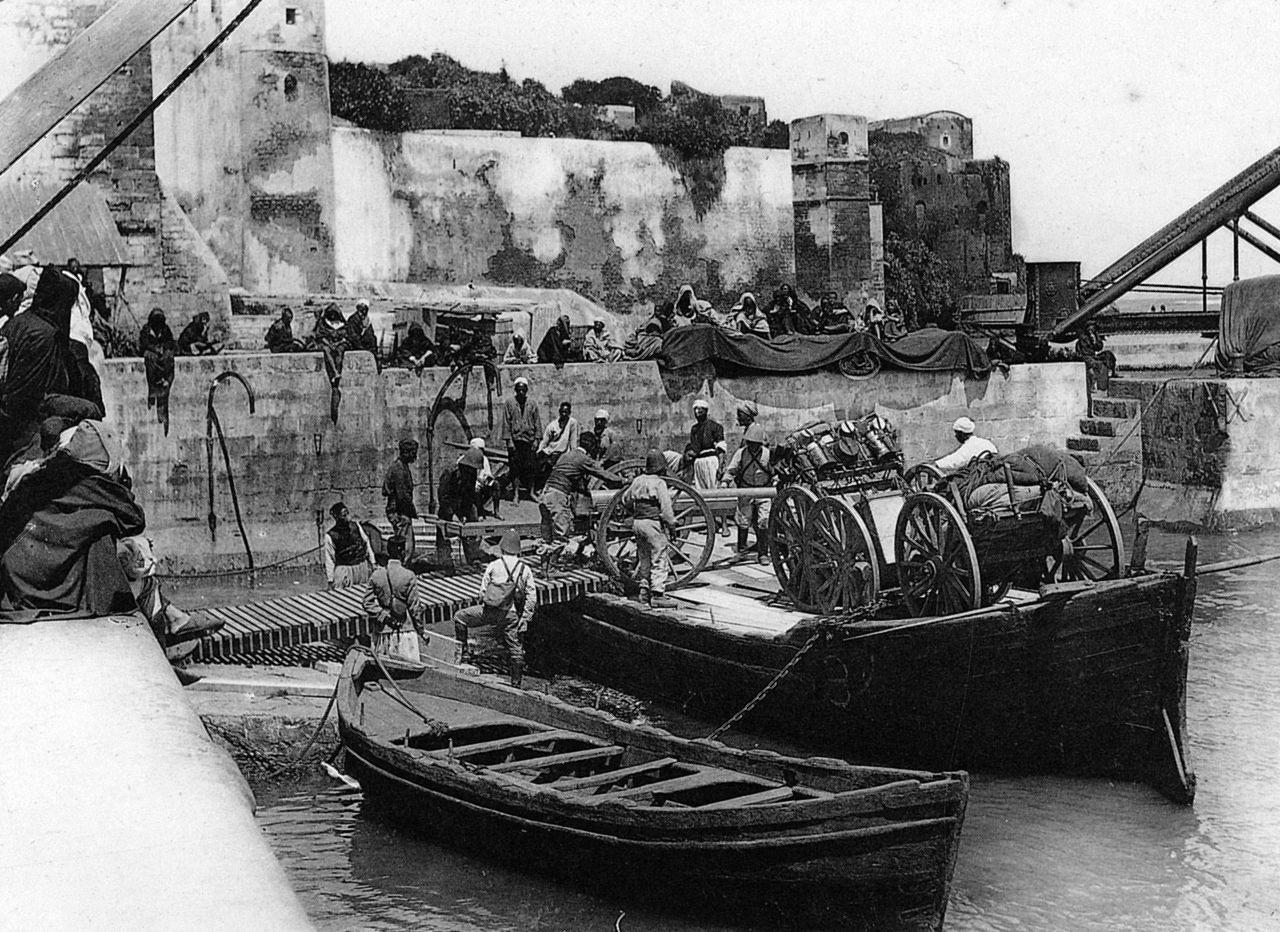
the future, a significant amount of energy and attention continues to be paid to pointless distractions – and this is certainly not referring to Barbie, good grief, which is entirely legitimate cultural production compared to
Influencers Built This Wellness Startup
Anything related to hyper loops or one-way tunnels, ‘crazy golf’, or fiat money. Hardly an exhaustive list, play along at home.
If the whole artifice rests on ‘there is only so much attention’ (bandwidth in the common parl) then lettuce take that idea to heart. Frivolous at this point is tantamount to dangerous and irresponsible. Concern about not bumming people out in proximity to the imminent collapse of the Gulf Stream leads to, let’s say, an incoherent narrative.
Priority has never been our muse, with one or two exceptions, but let’s get organized. At least theoretically imagining the painful stuff first – what would you be willing to give up? Just go ahead and get it out of the way, at least mentally, because that seems to be what frightens people the most. So, pop the bubble: imagine a world without cruises – no, go deeper – cars! Ouch. But see – that’s where to start.
Even the intention could begin to help (us) re-organize how we think about what we think about. Envision liberation, rather than ignore the possibility of collapse.
Image:

